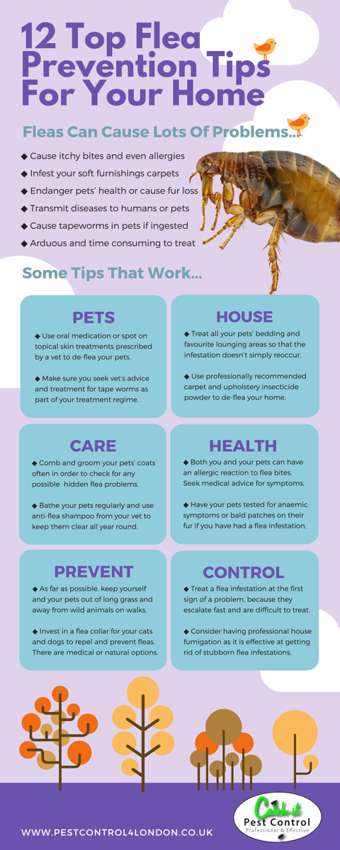Tips For Homeowners: How To Keep Rodents Out Of Your Attic
Tips For Homeowners: How To Keep Rodents Out Of Your Attic
Blog Article
Writer-Sutherland Garza
Visualize your attic room as a relaxing Airbnb for rats, with insulation as fluffy as resort cushions and wiring more attracting than area solution. Now, picture these undesirable guests throwing a wild celebration in your home while you're away. As a home owner, guaranteeing your attic is rodent-proof is not just about comfort; it has to do with securing your building and loved ones. So, what easy steps can you require to safeguard your sanctuary from these fuzzy trespassers?
Examine for Entrance Details
To start rodent-proofing your attic, inspect for access factors. Begin by carefully analyzing the exterior of your home, looking for any kind of openings that rats might make use of to access to your attic. Look for spaces around utility lines, vents, and pipes, in addition to any splits or openings in the foundation or siding. See to it to pay attention to locations where various structure materials fulfill, as these are common entrance factors for rodents.
In addition, check the roof for any harmed or missing out on roof shingles, along with any voids around the edges where rodents could press through. Inside the attic, look for signs of existing rodent activity such as droppings, chewed cords, or nesting materials. Use a flashlight to completely inspect dark edges and covert rooms.
Seal Cracks and Gaps
Check your attic room extensively for any fractures and voids that require to be secured to prevent rats from entering. Rodents can squeeze with also the smallest openings, so it's essential to secure any potential entry points. Examine around pipes, vents, cable televisions, and where the walls satisfy the roofing system. Utilize a combination of steel woollen and caulking to seal off these openings effectively. Steel woollen is an outstanding deterrent as rodents can not chew through it. Make certain that all gaps are tightly sealed to refute accessibility to unwanted bugs.
Don't neglect the value of securing voids around doors and windows too. Use weather condition removing or door sweeps to seal these locations effectively. Check the areas where energy lines get in the attic and seal them off making use of an appropriate sealer. By making the effort to seal all cracks and spaces in your attic, you produce an obstacle that rodents will certainly locate tough to breach. Avoidance is type in rodent-proofing your attic room, so be thorough in your initiatives to seal any kind of possible entrance points.
Eliminate Food Sources
Take proactive steps to get rid of or save all possible food sources in your attic to hinder rodents from infesting the area. Rats are drawn in to food, so eliminating their food resources is crucial in maintaining them out of your attic.
Below's what you can do:
1. ** Shop food securely **: Avoid leaving any food items in the attic room. Shop all food in impermeable containers made from steel or durable plastic to avoid rats from accessing them.
2. ** Clean up particles **: Remove any kind of stacks of debris, such as old newspapers, cardboard boxes, or timber scraps, that rodents could utilize as nesting product or food resources. Keep the attic clutter-free to make it much less appealing to rodents.
3. ** Dispose of trash correctly **: If you use your attic for storage and have rubbish or waste up there, see to it to dispose of it on a regular basis and effectively. Rotting garbage can draw in rats, so maintain the attic tidy and without any kind of natural waste.
read on , keep in mind that an ounce of avoidance deserves a pound of treatment when it involves rodent-proofing your attic.
By making the effort to evaluate for access factors, seal fractures and voids, and get rid of food resources, you can maintain unwanted insects away.
Keep in mind, 'An ounce of prevention deserves an extra pound of cure' - Benjamin Franklin.
Remain black termites without wings and protect your home from rodent infestations.
